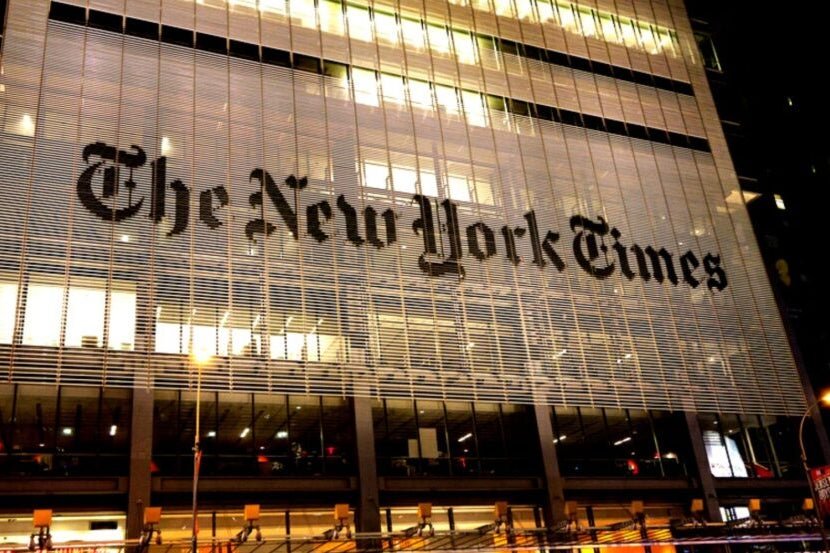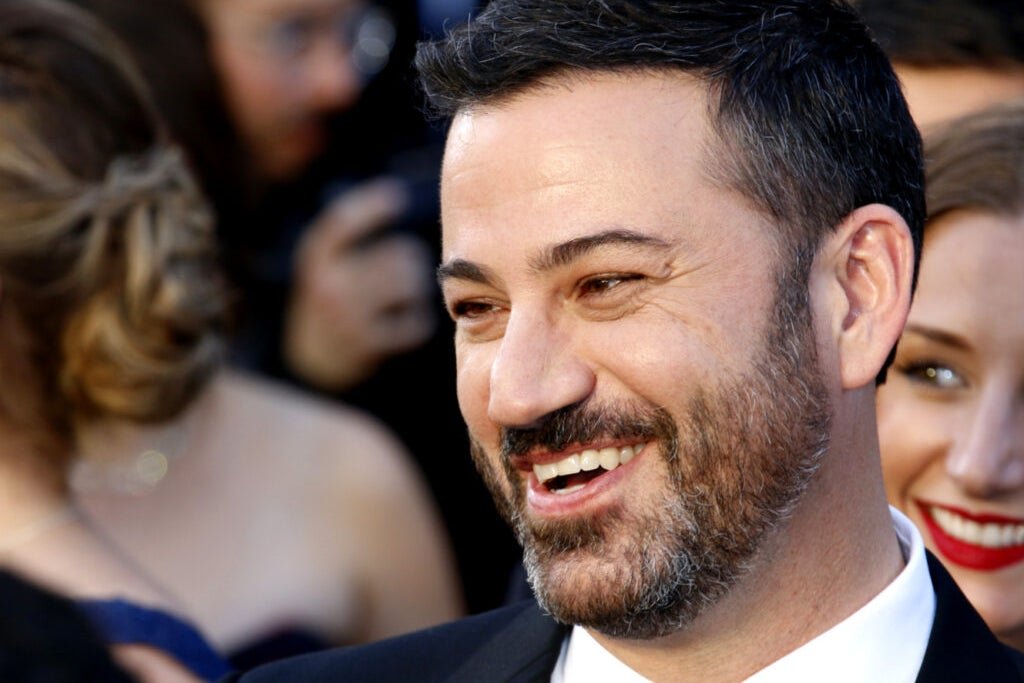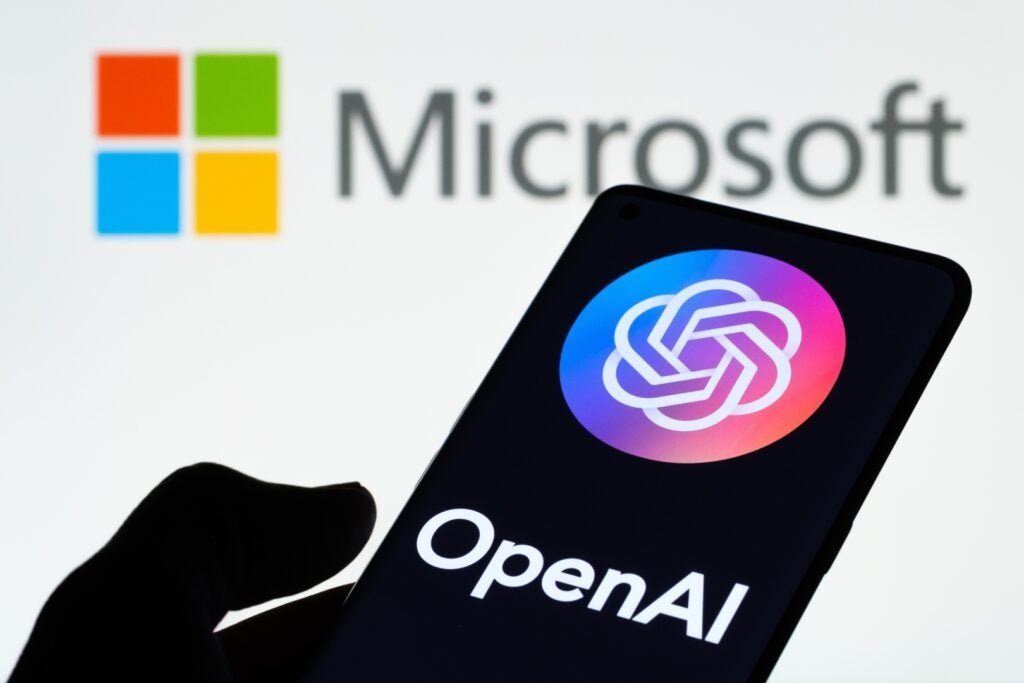OpenAI, the parent company of ChatGPT, has responded to a lawsuit filed by The New York Times Co., stating that the accusations made by the newspaper do not fully represent the usage of Times data by OpenAI. The lawsuit accuses OpenAI of using copyrighted articles from The New York Times to train their popular chatbot and other AI features.
In their response, OpenAI acknowledged that there were instances where the chatbot reproduced sections of text almost verbatim from The New York Times articles. However, they stated that this is a “rare bug” that they are actively working to eliminate. OpenAI also suggested that the Times may have manipulated prompts and cherry-picked examples from multiple attempts to support their claims.
OpenAI expressed their hope for a constructive partnership with The New York Times and emphasized their respect for the newspaper’s long history, which includes championing First Amendment freedoms. They stated that they regard the lawsuit as without merit.
OpenAI’s chatbot, like other generative AI technologies, relies on large language models that consume vast amounts of digital text from various sources. While using online data has been a standard practice, debates have emerged regarding compensation for content creators whose work contributes to these technologies.
This lawsuit is not the first of its kind. In December last year, a group of 11 nonfiction authors, including Pulitzer Prize winners, joined a lawsuit against OpenAI and Microsoft Corporation, accusing the companies of using their writings without permission for training AI programs.
Meanwhile, OpenAI has been in discussions with various publishers to license their content amidst the copyright lawsuit filed by The New York Times. The company has described these negotiations as positive and progressing well.
The outcome of this lawsuit could have significant implications for the use of copyrighted materials in training AI models. It highlights the need for clearer guidelines and agreements between content creators and AI developers to ensure fair compensation and protection of intellectual property.
As the development of AI technologies continues to advance, it is crucial to address these legal and ethical challenges to foster a collaborative and responsible AI ecosystem.





